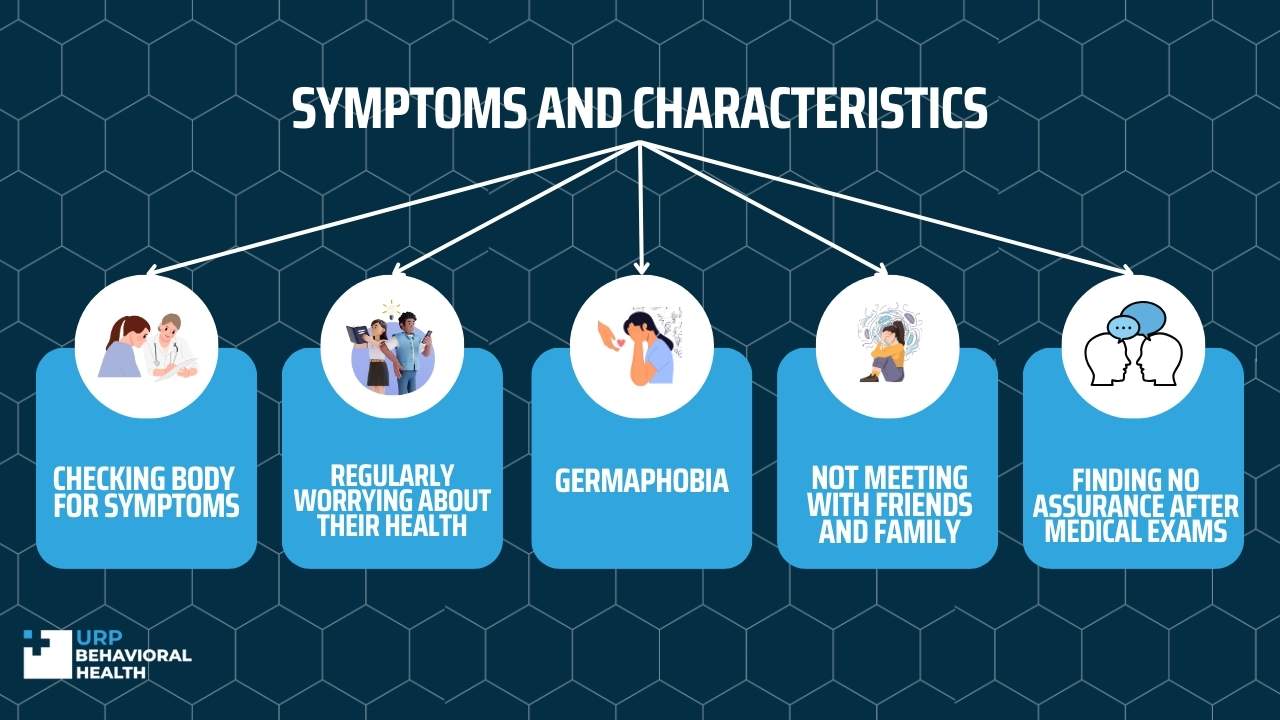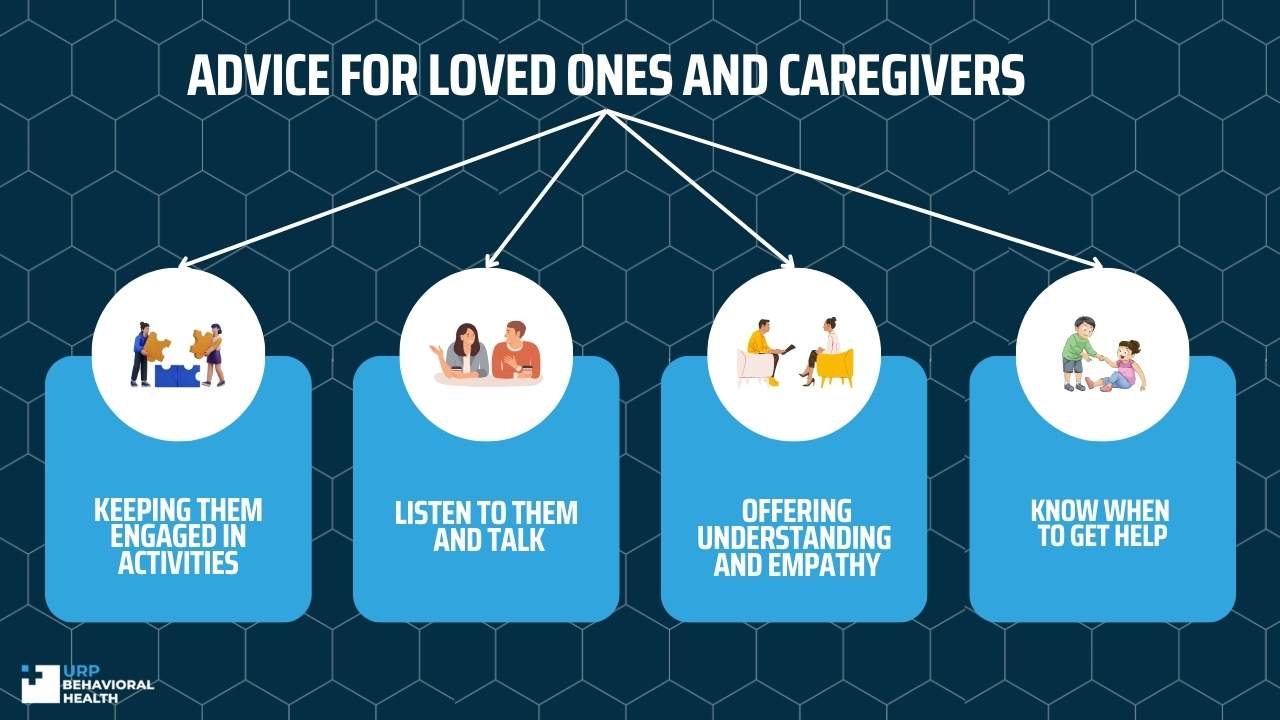Illness Anxiety Disorder

Illness anxiety disorder or IAD is a serious mental health condition where individuals fear any life-threatening illness. Their fear can sometimes be the result of minor symptoms or even no visible symptoms, and even checkups with a doctor do not help them calm down.

Definition Anxiety Disorder and Overview
IAD, previously known as Hypochondriasis, is the unrealistic fear of having some form of mental illness. People with the condition might either be worried that they will get a severe illness or believe that they have one, but its symptoms are not showing yet. Furthermore, they can also misinterpret regular bodily functions as signs of illness.
Historical Context (Previously Known as Hypochondriasis)
Illness anxiety disorder was initially called Hypochondriasis in the 4th edition of the Diagnostic and Statistic Manual of Mental Disorders (DSM). However, after over 20 years of research to redefine the condition, the DSM 5th edition defined it as IAD. A core reason for changing the name to IAD was that the new name gave a more positive connotation to the condition, allowing for better treatment options.
Understanding the Anxiety Disorder
IAD is a condition where an individual feels an overwhelming fear of possibly contracting a serious medical condition. They can sometimes mistake normal bodily functions for severe diseases or can even think that they have some condition that is undiagnosed. Unfortunately, in some cases, even a thorough health checkup is not enough to help them calm down.
Difference between Normal Health Concerns and IAD
Although it is normal for people to have some concern over their well-being, IAD takes those concerns far beyond what is likely. Concern in situations where someone shows symptoms of a disease like vomiting, fainting, bruising, or paleness is valid. However, people with IAD can look at minor symptoms like coughing, sneezing, irritation in the eyes, or an ache and take them to their most extreme.

Symptoms and Characteristics
The main symptom of IAD is a serious concern that you have some sort of physical condition. They will constantly look at their body for possible symptoms, and even minor ones will become a severe concern for them. Some common symptoms associated with IAD include:
Checking body for symptoms
People with IAD will regularly check their body for any symptoms or indications of illness, even if they have been avoiding anything that could cause it.
Regularly worrying about their health
A common symptom of IAD is that individuals will consistently worry about their health and the fact that they could contract an illness at any time.
Germaphobia
Germaphobia is another primary symptom of anxiety illness disorder, as individuals are always worried that they could contract some sort of disease by touching something.
Not meeting with friends and family
Germ phobia in people with IAD can result in them not leaving their house and avoiding social interactions altogether. This can exacerbate feelings of isolation and depression.
Finding no assurance after medical exams
Individuals who have IAD will not feel at ease even after they have gone to a medical professional for a complete checkup. In some cases, it can lead to more significant distress.
Causes and Risk Factors
IAD is a unique type of anxiety in that its causes are not as clear as some of the others. However, some possibilities can include:
Past experience with illness
IAD can develop among people with prior experience with certain illnesses. The condition can also sometimes develop as a result of a traumatic experience contracting an illness.
Familial worry
It is also possible for you to develop this condition if you have parents who are concerned about your health or theirs.
Personal beliefs
It can be possible for you to develop IAD if you struggle with tolerating uncomfortable or unusual stimuli in your body. Therefore, you try to rationalize the stimuli by checking for possible diseases.
Coping Strategies for Individuals with IAD
Avoid going to the doctor after every ache or pain
If you find something that has you concerned, avoid heading to the ER instantly. Instead, you should try to sleep on what you find and confront that anxious feeling.
Prioritize your physical health
Prioritizing your physical health with exercise gives you a better way to channel a lot of the anxiety and frustration you are feeling.
Tell people about it
Unfortunately, very few people know about IAD and that it is a serious medical condition. So instead of assuming that they will not understand, you should talk to your friends and family to help them understand.
Get a second opinion
Before you rush to a doctor, ask a friend or loved one for a second opinion.
Try to have fun
While this may seem out of place, the feelings of anxiety only build when you do not have an excellent outlet to air out your frustrations. Try to plan a fun activity with your friends and family and try to let loose.

Advice for Loved Ones and Caregivers
Keeping Them Engaged in Activities
A good way that loved ones can help people struggling with IAD is to encourage them to keep up with tasks they picked up and keep their minds engaged.
Listen to Them and Talk
You also want to make sure that you are regularly talking to your loved one with IAD and maintaining communication with them. You should also make them feel heard.
Offering Understanding and Empathy
Do not try to invalidate what they are experiencing. Instead, you should be more empathetic and understanding of the problems they are facing.
Know When to Get Help
If your loved one with IAD is starting to show more severe symptoms, then you should get them the help you need. Consider a residential treatment program, where they will be surrounded by mental health experts who can help them better understand their condition. They will also be engaging in other activities to keep their mind off their body.
Conclusion
Illness anxiety disorder is a medical condition that can seriously affect the way most people live their lives. Although it is not clear what factors cause it, it can affect how people interact with their loved ones and also their physical health. Fortunately, by understanding their condition and empathizing with them, loved ones can help people struggling with this condition cope.
Let us guide you towards healing
We know that seeking treatment can be overwhelming, but our staff is here to make the process as smooth as possible. We’re available 24/7 to address any questions or concerns you may have.

